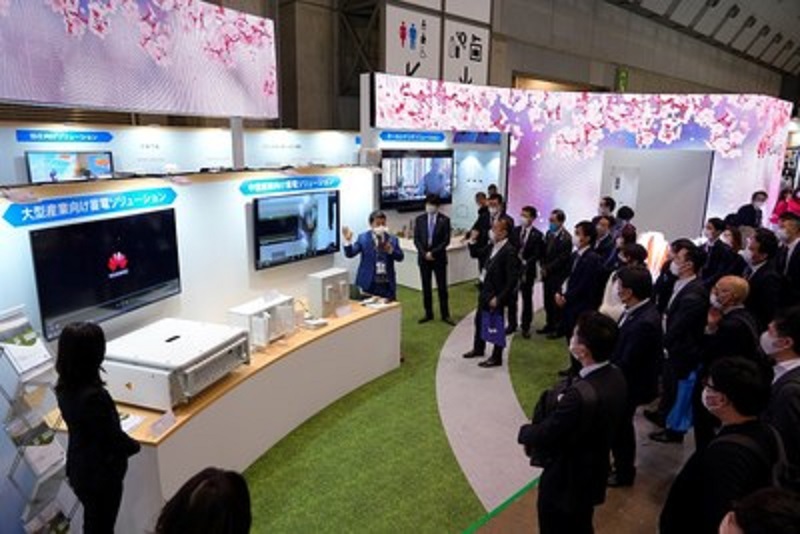Subscribe to our Telegram channel to get a daily dose of business and lifestyle news from NHA – News Hub Asia!
Official website: https://www.pvexpo.jp/en-gb/visit/access-tokyo.html
Date: March 16 (Wed.) – 18 (Fri.)
Venue: Tokyo Big Sight (Koto-ku, Tokyo) Booth E4-50
Scaling up energy storage systems has become critical to overcoming the challenges posed by feeding an increased share of intermittent renewables, like solar and wind, into the world’s power grids amid the carbon-neutral push. Huawei is working on the smart string ESS solution that uses the controllability of power electronics and digital technologies to resolve battery inconsistencies and uncertainties, ensuring the efficiency and safety of the energy storage system.
“Carbon neutrality is one of the world’s most urgent missions today. The energy industry focuses on carbon emission reduction, transportation electrification, and energy digitalization. With an era of battery being expected to come at the start of the Feed-in Premium (FIP) system, I am glad to introduce the five scenarios: residential ESS, low voltage ESS, energy storage systems for C&I (Commercial & Industrial) and utility scales, and regional off-grid ESS,” said Zhang WeiWei, General Manager of Huawei Japan Digital Power Business Group.
Huawei’s Smart String ESS Solutions
LUNA2000: Residential ESS
- JET-certified
- Huawei’s original AFCI technology accurately detects direct current arc that may cause a fire and interrupts the arc within 0.5 seconds.
- The modular design enables it to be scalable up to 30 kWh from a minimum of 5 kWh.
- At a power failure, the system is switched to the backup mode within at least 5 seconds and powered from the storage system.
- * With a subsidy for the introduction of batteries, many houses are introducing batteries as an emergency power supply for disaster situations. Since the start of the shipment in April 2021, this system is being well received by many customers.
Low Voltage ESS
- This solution is designed for the electric utility industry that has difficulty in high voltage connections. Multiple house batteries are connected to store peak shaving power for selling electricity at night.
- Combining a hybrid type PCS of 4.95 kW output and batteries of 15 kWh can provide a storage facility with a maximum capacity of 750 kWh. The carry-in route is easily secured with its compact design.
- The lithium iron phosphate batteries (LFP batteries) with excellent safety and stability allow the system to operate even at -20°C.
Smart String ESS for Utility Scales
- Container-type batteries for heavy industries (storage capacity of 2064 kWh, 6 m (W) x 2.8 m (H) x 2.4 m (D)) have been put on the market since March.
- The control technology using power electronics improves the charge/discharge capacity over the life cycle by 15% and reduces the cost per energy yield by 20% compared with current systems.
Source:Huawei(Press release)

